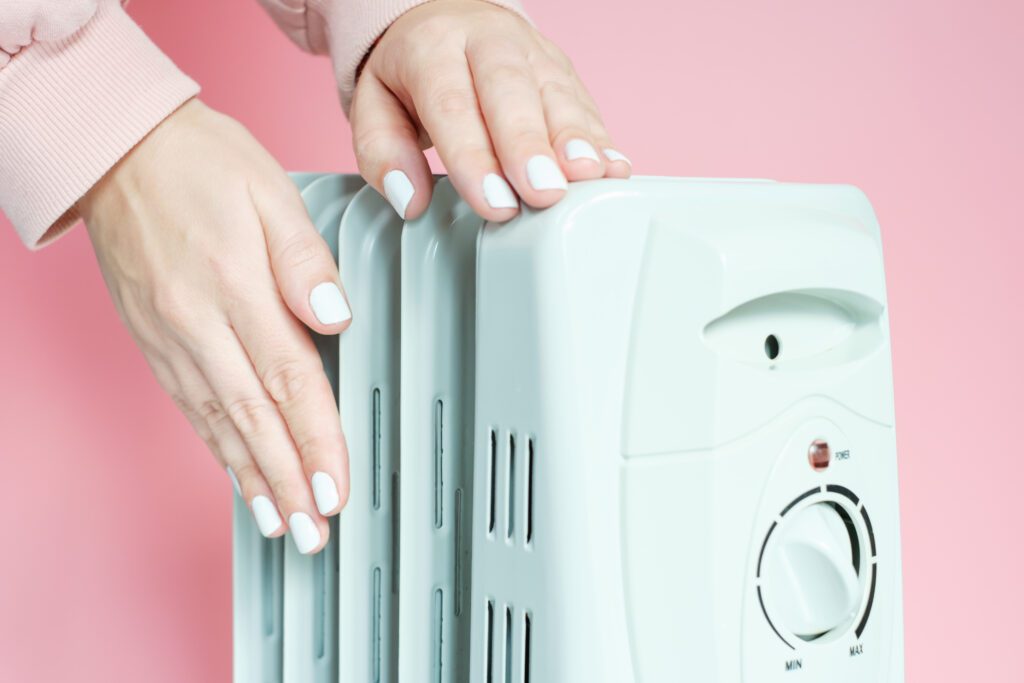As the seasons change, ensuring your home remains warm and comfortable is paramount. A well-functioning heating system not only enhances your comfort but can also contribute to energy efficiency, which is good for your wallet and the environment. Here are some easy tips to elevate your home’s heating system, starting with an understanding of what you currently have.
Understanding Your Current Heating System
Before making any changes or considerations regarding your heating system, it’s essential to understand how it operates and its current state. Familiarizing yourself with the operation will allow you to identify potential issues and make informed decisions about upgrades or maintenance.
The Basics of Home Heating
Most homes are equipped with either central heating systems or localized heating units. Central heating systems, often powered by gas or electricity, circulate warm air or water through ducts or pipes. Dirty filters or blocked vents can reduce efficiency and repair costs, so it’s critical to know how your specific system works and its components.
Localized systems, such as space heaters or electric radiators, provide warmth to specific rooms. While they can save on energy bills, relying solely on them can lead to inconsistencies in temperature across your home. Understanding the basics will help you troubleshoot issues and know when to consult a professional. Additionally, it’s worth noting that many modern heating systems are designed with energy efficiency in mind, often incorporating smart technology that allows homeowners to monitor and adjust settings remotely. This can lead to significant savings and improved comfort, making it beneficial to explore these options if you’re considering an upgrade.
Identifying Common Heating Problems
Heating issues manifest in various ways—unusual noises, uneven heating, and increased energy bills are common signs that something may be wrong. Noticing that certain rooms remain chilly, despite turning up the thermostat, may indicate a problem with ductwork or insulation.
Another common issue is when a heating unit cycles on and off frequently, known as short cycling. This can be caused by an overworked thermostat, clogged filters, or even improperly sized equipment. Regularly monitoring these symptoms can prevent more significant issues down the line. Furthermore, it’s essential to keep an eye on the age of your heating system; older units may not only be less efficient but can also pose safety risks, such as gas leaks or carbon monoxide emissions. Scheduling routine maintenance checks can help catch these problems early, ensuring your home remains safe and comfortable throughout the colder months.
The Importance of Regular Maintenance
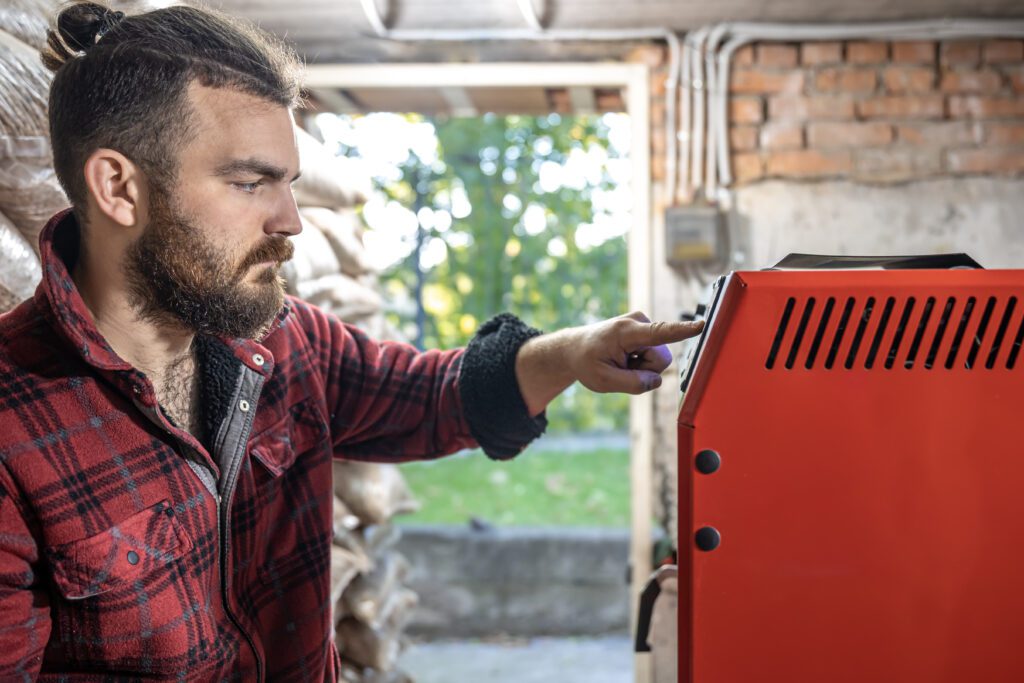
One often overlooked aspect of keeping your heating system in optimal condition is regular maintenance. Routine checks can ensure that your system functions efficiently and can prolong its lifespan. Neglecting this crucial element can lead to unexpected breakdowns, which not only disrupt comfort but can also incur significant repair costs. By investing a little time and effort into maintenance, homeowners can safeguard their investment and enjoy peace of mind during the colder months.
Scheduling Routine Check-ups
Scheduling seasonal check-ups with a qualified heating technician can significantly increase the reliability of your heating system. Ideally, a technician should inspect the unit at the beginning of the heating season, checking components such as burners, filters, and mechanical systems to ensure everything is functioning correctly. This proactive approach not only helps in identifying potential problems but also allows for the fine-tuning of the system, ensuring it operates at peak performance.
During these check-ups, technicians can also identify small issues before they escalate into costly repairs, maintaining the system’s efficiency and ensuring your home stays warm throughout winter. Furthermore, they can provide valuable advice on energy-saving practices and recommend upgrades that may enhance your system’s performance, ultimately leading to lower utility bills and a more comfortable living environment.
DIY Maintenance Tips
While professional check-ups are essential, there are several easy maintenance tasks homeowners can perform themselves. Start by changing or cleaning the air filters regularly, as clogged filters can restrict airflow and increase energy consumption. It’s advisable to check filters at least once a month during peak heating seasons. A clean filter not only improves air quality but also helps your system run more efficiently, reducing wear and tear on components.
Additionally, examine and clear any obstructions from vents and registers to ensure even airflow throughout your home. You can also adjust your thermostat or programmable system to optimize energy use based on your schedule, further enhancing efficiency without much effort. Another useful tip is to inspect the area around your heating system for any debris or flammable materials that could pose a safety hazard. Keeping this space clean and clear can prevent potential fire risks and ensure that your system operates safely and effectively.
Upgrading Your Heating System
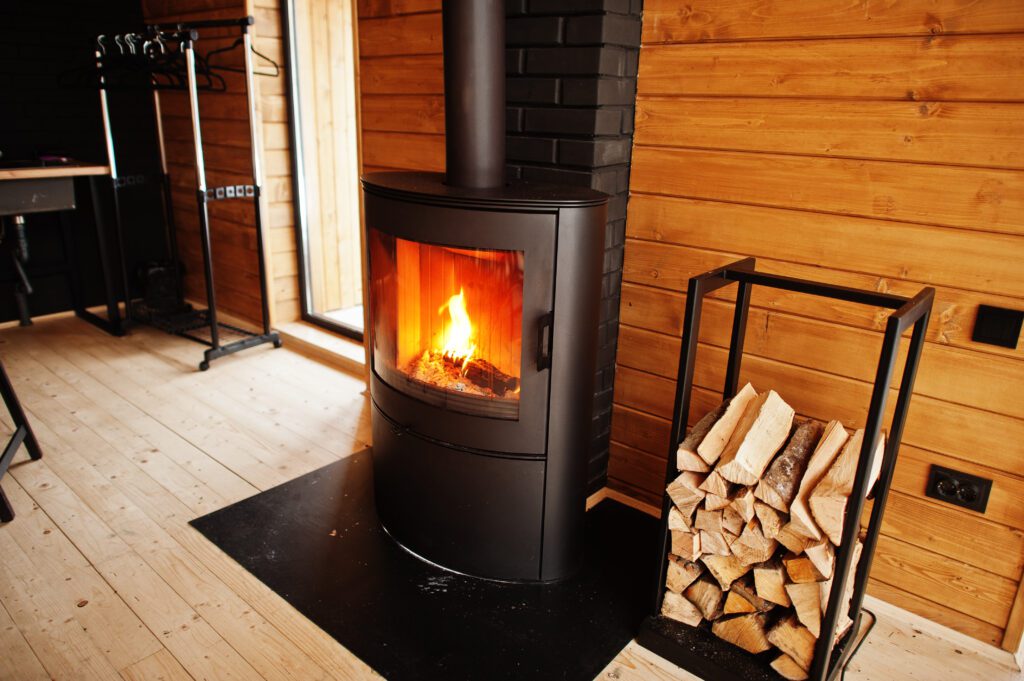
If your heating system is old or consistently requires repairs, it may be time to consider an upgrade. New heating technology can significantly change your home comfort and energy bills.
When to Consider an Upgrade
Many indicators suggest it might be time for an upgrade. If your heating system is over 15 years old, frequently breaks down, or no longer warms your home efficiently, it’s worth evaluating your options. Rising energy costs can also be a sign that your current system is inefficient and should be replaced.
Moreover, if you notice uneven heating or how hard it is to maintain a steady temperature, it can indicate that your system cannot meet your home’s needs, signaling that it could be time for an upgrade. Other signs include strange noises from the unit, an increase in dust and allergens in your home, or even a noticeable drop in indoor air quality, all of which can point to a failing heating system that may be compromising your comfort and health.
Choosing the Right System for Your Home
When selecting a new heating system, consider components such as efficiency ratings, fuel type, and size. Systems with a high Annual Fuel Utilization Efficiency (AFUE) rating will save you money on energy bills in the long run. It’s essential to consult with a heating professional on the ideal size, as oversized or undersized units can lead to inefficient heating and higher costs.
Additionally, determine the fuel source available for your home—whether it’s gas, propane, electricity, or renewable options like geothermal or solar heating. Each source has its considerations in terms of availability, costs, and environmental impact. For instance, while natural gas may be more affordable in some regions, electric heating systems can be more efficient and environmentally friendly, especially when powered by renewable energy sources. Furthermore, consider the long-term benefits of investing in smart heating technology, such as programmable thermostats and zoning systems, which can enhance comfort and reduce energy consumption by allowing you to customize heating based on your daily routines and preferences.
Energy-Efficient Heating Solutions
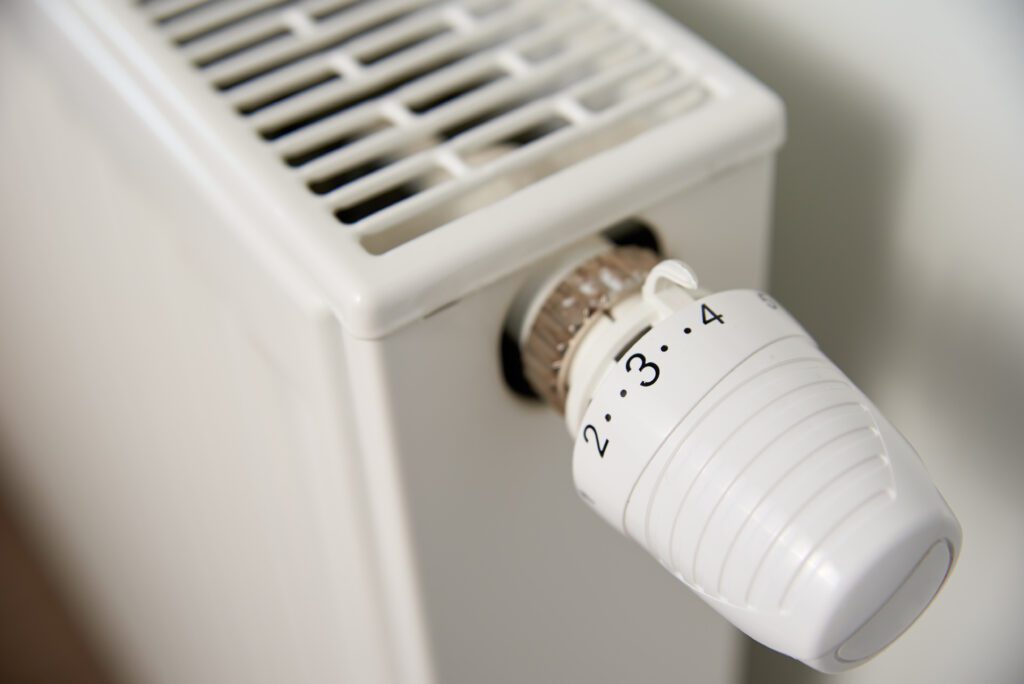
Beyond traditional heating systems, energy-efficient solutions provide you with more options and incentives for lower energy consumption and cost savings. These systems are increasingly designed with sustainability in mind, making them appealing choices for the environmentally conscious homeowner. As the demand for greener technologies rises, manufacturers are innovating at an unprecedented pace, leading to a plethora of choices that cater to various preferences and requirements.
Benefits of Energy-Efficient Systems
Energy-efficient heating systems reduce your carbon footprint and significantly decrease heating costs over time. By consuming less energy to produce the same amount of heat, these systems lessen the burden on power plants and natural resources. Furthermore, many energy-efficient systems are equipped with smart technology that allows homeowners to monitor and control their energy usage remotely, leading to even greater efficiency and convenience.
In addition to financial savings, many energy-efficient systems qualify for tax credits or rebates, further lowering the upfront investment. Improved comfort and less fluctuation in temperatures also enhance your home’s overall livability. The reduction in energy consumption not only benefits your wallet but also contributes to a healthier environment, as fewer emissions are released into the atmosphere. This dual advantage makes energy-efficient heating solutions a wise choice for both personal and planetary well-being.
Top Energy-Efficient Heating Options
- Heat Pumps: These systems transfer heat rather than generating it, allowing for efficient heating and cooling. They can be particularly beneficial in moderate climates, where they can operate effectively year-round.
- Solar Heating: Utilizing solar panels can significantly reduce utility bills and promote energy independence. Solar heating systems can also be integrated with existing heating solutions to maximize efficiency and sustainability.
- Condensing Boilers: Designed to operate at higher efficiencies, these boilers capture heat that would otherwise be lost in exhaust. Their compact design and advanced technology make them a popular choice for modern homes.
Each of these options offers unique benefits, and choosing the right one depends on your home’s specific characteristics, budget, and energy needs. Additionally, many homeowners are now considering hybrid systems that combine different technologies to optimize performance and efficiency. For instance, a heat pump paired with a condensing boiler can provide reliable heating even in the coldest months while minimizing energy consumption. As you explore these options, it’s essential to consult with a professional who can assess your home and recommend the most suitable solutions tailored to your lifestyle and energy goals.
Smart Heating Controls and Thermostats
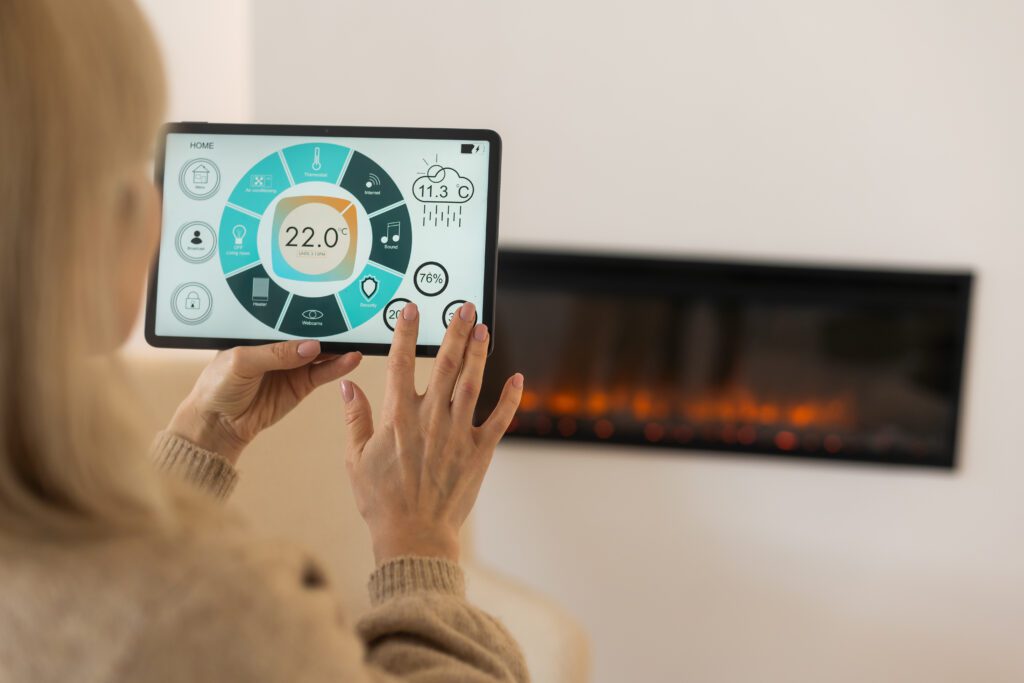
Integrating smart heating controls into your home can revolutionize how you manage your heating system. These technologies provide improved convenience, energy efficiency, and comfort through advanced features.
How Smart Controls Enhance Heating
Smart heating controls allow you to tailor your home’s heating needs with ease, with options to adjust settings via an app on your smartphone, creating a more responsive heating experience. You can schedule heating based on your lifestyle to avoid wasting energy when you’re away.
Additionally, many smart systems utilize learning algorithms to adjust to your routines automatically, ensuring your home is warm when you need it while conserving energy during your absence. Some systems can even analyze weather forecasts and adapt accordingly, preemptively adjusting your heating settings to maintain optimal comfort levels regardless of external conditions. This level of automation not only enhances comfort but also contributes to significant energy savings over time.
Selecting the Best Smart Thermostat
Choosing the right smart thermostat can enhance your home heating significantly. When selecting a smart thermostat, consider compatibility with your current heating system, ease of use, and connectivity features, such as voice control or integration with smart home devices.
Some popular options like the Nest Learning Thermostat or Ecobee SmartThermostat provide programmable schedules and utilization of sensors to detect occupancy, further optimizing energy savings. Researching and investing in the right product can yield significant long-term benefits in comfort and efficiency. Moreover, many smart thermostats offer energy usage reports, allowing you to track your consumption patterns and make informed decisions about your heating habits. This transparency can empower you to adjust your settings and further reduce your carbon footprint.
By implementing these easy tips to elevate your home’s heating system, you can create a cozy and efficient living environment that meets your needs without breaking the bank. Regular maintenance, thoughtful upgrades, and smart technologies can all contribute to a more sustainable and comfortable home. Additionally, consider exploring incentives or rebates offered by local utilities for upgrading to energy-efficient systems, which can help offset the initial investment and encourage more homeowners to embrace smart heating solutions.

